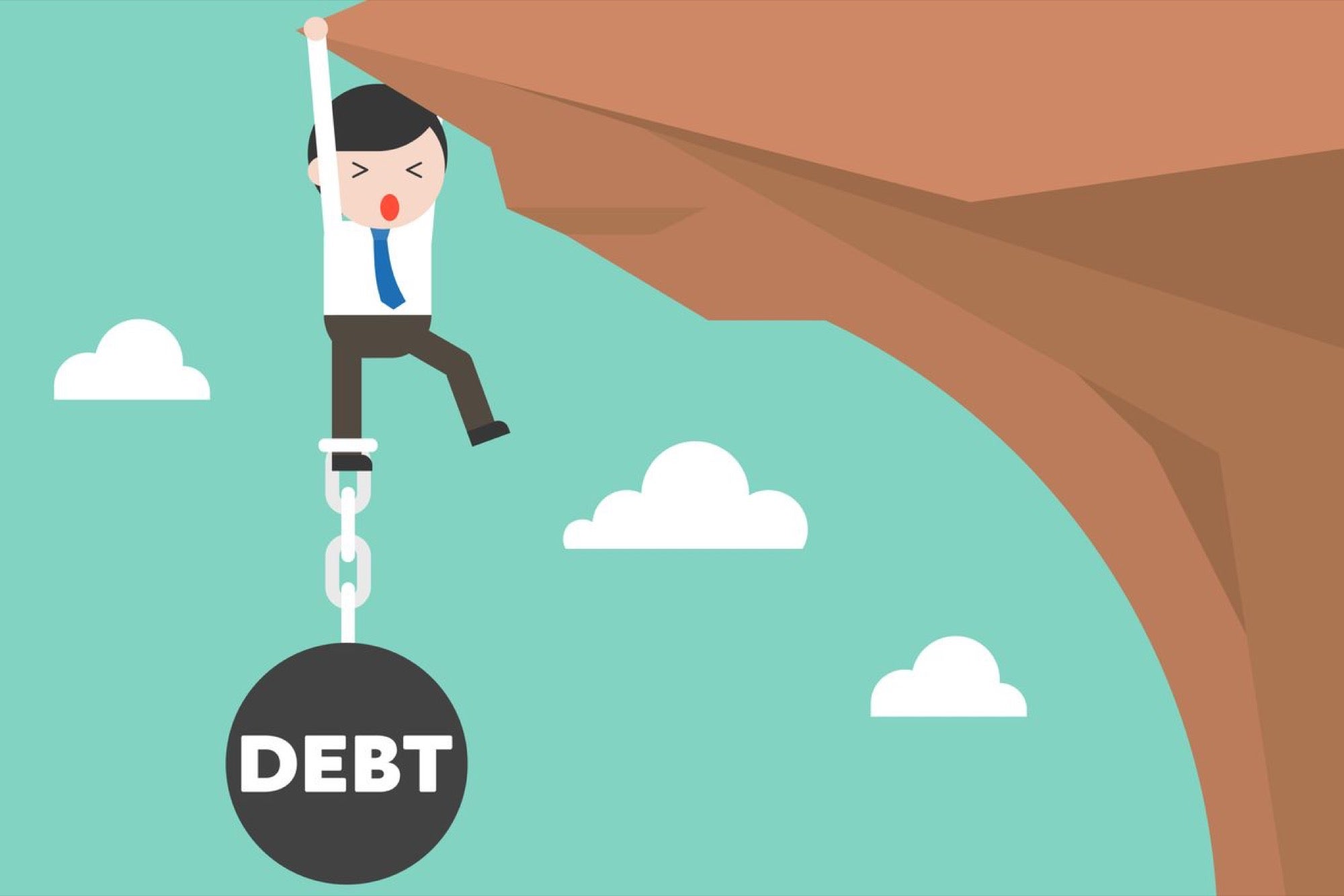 Debt can be overwhelming, but finding the right debt consolidation programs can help you regain control of your finances. If you’re in Alberta and considering debt consolidation, this comprehensive checklist will guide you through the essential factors to consider. Making an informed decision is crucial to ensure that the program you choose aligns with your financial goals and circumstances.
Debt can be overwhelming, but finding the right debt consolidation programs can help you regain control of your finances. If you’re in Alberta and considering debt consolidation, this comprehensive checklist will guide you through the essential factors to consider. Making an informed decision is crucial to ensure that the program you choose aligns with your financial goals and circumstances.
1. Evaluate Your Debt Situation
Before diving into debt consolidation programs, it’s essential to have a clear understanding of your current financial situation.
- List All Debts: Itemize your debts, including credit cards, personal loans, medical bills, and other obligations. Note the interest rates, balances, and minimum monthly payments for each.
- Assess Your Income and Expenses: Create a detailed budget to understand your income and how much you spend on essentials and non-essentials each month.
- Determine Your Debt-to-Income Ratio: This ratio, calculated by dividing your total monthly debt payments by your gross monthly income, helps assess your ability to manage debt.
2. Understand Debt Consolidation
Debt consolidation involves merging multiple debts into a single loan with a lower interest rate and a fixed monthly payment. Here’s what you need to know:
- Types of Consolidation Loans: Common options include personal loans, home equity loans, and lines of credit.
- Eligibility Criteria: Lenders will consider your credit score, income, and overall financial health.
- Interest Rates and Terms: Compare the interest rates, loan terms, and any associated fees.
3. Research Potential Lenders
Choosing a reputable lender is crucial for a successful debt consolidation experience.
- Reputation and Reviews: Check online reviews and ratings for lenders. Look for complaints or issues that others have experienced.
- Accreditation: Ensure the lender is accredited by relevant financial authorities or associations.
- Transparency: Look for lenders that provide clear, upfront information about interest rates, fees, and terms.
4. Compare Debt Consolidation Programs
Not all debt consolidation programs are created equal. Compare different programs to find the best fit for your needs.
- Interest Rates: Lower interest rates can save you money over the life of the loan.
- Loan Terms: Consider the length of the loan term and how it affects your monthly payment and total interest paid.
- Fees and Penalties: Be aware of any application fees, origination fees, prepayment penalties, or late fees.
- Customer Service: Evaluate the lender’s customer service quality. You’ll want a lender who is responsive and helpful.
5. Evaluate the Impact on Your Credit
Debt consolidation can impact your credit score in various ways. Understanding this impact is crucial.
- Credit Inquiry: Applying for a consolidation loan will result in a hard inquiry on your credit report, which can temporarily lower your score.
- Credit Utilization: Consolidating credit card debt into a loan can lower your credit utilization ratio, potentially boosting your score.
- Payment History: Making timely payments on your consolidation loan can improve your payment history over time.
6. Assess Your Ability to Repay
It’s essential to ensure that you can comfortably afford the monthly payments on your consolidation loan.
- Budget Analysis: Revisit your budget to confirm that you can meet the monthly payment requirements without strain.
- Emergency Fund: Ensure you have an emergency fund in place to cover unexpected expenses without disrupting your loan payments.
- Future Income Stability: Consider your job security and potential future income when committing to a repayment plan.
7. Seek Professional Advice
Sometimes, it’s helpful to consult with a financial advisor or credit counselor before making a decision.
- Credit Counseling Agencies: Non-profit credit counseling agencies can offer free or low-cost advice on managing debt and choosing the right consolidation program.
- Licensed Insolvency Trustees (LITs): LITs can provide insights into whether debt consolidation or another option, like a consumer proposal or bankruptcy, is more appropriate for your situation.
8. Understand the Terms and Conditions
Before signing any agreement, thoroughly review the terms and conditions of the debt consolidation program.
- Read the Fine Print: Carefully read all documents to understand the loan’s terms, interest rates, fees, and repayment schedule.
- Ask Questions: Don’t hesitate to ask the lender for clarification on any terms or conditions you don’t understand.
- Get Everything in Writing: Ensure that all promises and agreements are documented in the loan contract.
9. Prepare for the Future
Consolidating your debt is just one step toward financial health. Prepare for the future by adopting good financial habits.
- Stick to a Budget: Continue to monitor and adjust your budget to stay on track with your financial goals.
- Avoid Accumulating New Debt: Be disciplined about not accruing new debt while paying off your consolidation loan.
- Build an Emergency Fund: Aim to save 3-6 months’ worth of expenses to protect against financial setbacks.
Choosing the right debt consolidation program in Alberta requires careful consideration of your financial situation, lender options, and long-term financial goals. By following this comprehensive checklist, you can make an informed decision that sets you on the path to financial stability and peace of mind. Remember, seeking professional advice can provide additional insights and ensure you’re making the best choice for your unique circumstances.
